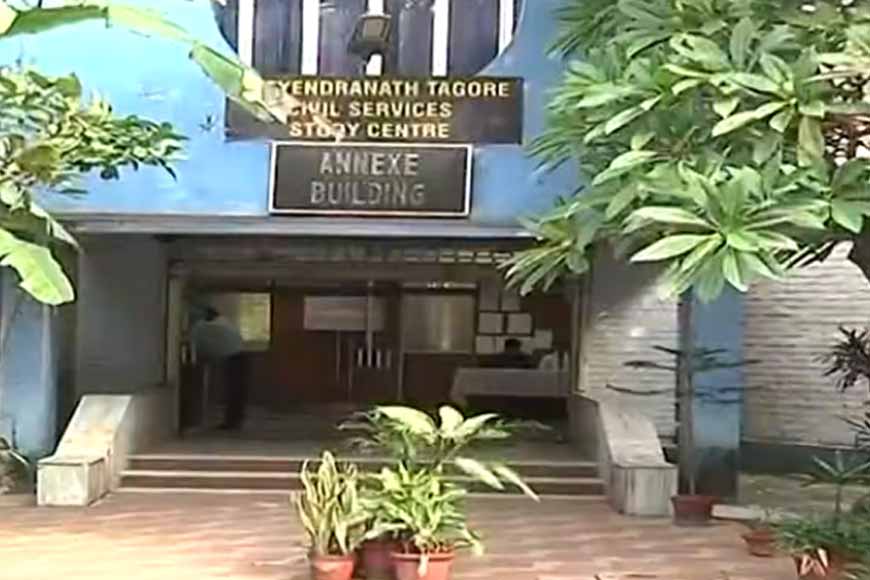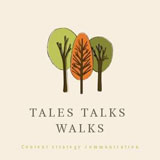State launches low-cost IAS study centre to boost aspirants from Bengal

West Bengal was the state that produced the first Indian ICS (Indian Civil Service) officers during the British era, later known as IAS (Indian Administrative Service). Unfortunately, for the past several decades, the number of IAS aspirants from West Bengal has been dwindling steadily. The youth are reluctant to take the UPSC (Union Public Service Commission) exam and seem to lack the enthusiasm to work in the higher echelons of government departments or agencies. Lack of guidance is also a prime reason for the growing disinterest. There are no proper coaching centres and the handful that operate here charge exorbitant fees, out of reach for students from districts and smaller towns.
But all that is going to change soon. Recently, Hon’ble Chief Minister Mamata Banerjee rechristened the civil service study centre at Netaji Subhas Chandra Administrative Training Institute (NSATI) as Satyendra Nath Tagore Civil Service Study Centre (SNTCSSC) with the idea that Bengal needs to produce more bureaucrats. SNTCSSC Kolkata aims to ensure that students from Bengal receive affordable and high-quality coaching for the IAS, IPS (Indian Police Service) and allied services. However, owing to the lockdown in the state, the centre has for the first time organised an online Prelims Crash Course and Prelims Mock Test Series for candidates taking the UPSC Examinations 2021.
In India's parliamentary democracy, the ultimate responsibility for running the administration rests with people’s elected representatives - the cabinet ministers. But a handful of ministers cannot be expected to deal personally with the manifold problems of modern administration. Thus, the ministers are aided by civil servants who actually lay down the policy and execute it. The present civil services of India are mainly based on the pattern of the former ICS of British India. During the British Raj, Warren Hastings had laid the foundation of civil service and Charles Cornwallis reformed, modernized and rationalised it. Hence, Cornwallis is known as the ‘Father of Civil Service in India.’
Cornwallis introduced two divisions of the Indian Civil service - covenanted and uncovenanted. The covenanted civil service consisted of only Europeans (i.e. British personnel) occupying the higher posts in the government. The uncovenanted civil service was solely introduced to facilitate the entry of Indians at the lower rung of the administration. Thus it was that Maharshi Debendranath Tagore’s son and Rabindranath’s elder sibling, Satyendranath Tagore, became the first Indian to join the ICS.
At present, the Civil Services Board is responsible for entry level recruitment. The Union Public Service Commission conducts the Civil Services Examination annually - a nationwide competitive examination for recruitment to the Government of India, including the IAS, Indian Foreign Service, and IPS. The recruits are university graduates or above, selected through a rigorous system of specialisation-based examinations for recruitment into respective specialised departments.
The online study centre was inaugurated recently by a host of dignitaries including former Chief Secretary Alapan Bandopadhyay, retired senior IPS officer Surojit Kar Purakayastha, and Commissioner of Police, Bidhannagar, Supratim Sarkar. They interacted with the candidates virtually and advised them on different aspects of the exam.
The duration of the course is eight weeks. Online classes will be conducted by IPS officers and the faculty members of the institute. Already more than 1,500 students have enrolled for the online course. The study centre is currently operating as a wing of NSCATI and will function as its sister concern.
The study centre plans to connect with IAS aspirants in the state’s villages and small towns and motivate and encourage them to enter the Civil Services. All candidates who enroll for the courses will be given proper scientific training. Students from the weaker sections of society will be encouraged to take up the challenge. Student Credit Card facility, introduced recently by the Chief Minister, will be available to IAS, IPS and other allied services aspirants.
Subjects to be offered include History, Geography, Political Science, exhaustive study of the Indian Constitution and Science and Technology. ‘Newspaper Analysis’ will also be taught. If this module succeeds, we can certainly hope for more bureaucrats from the state at the national level.










